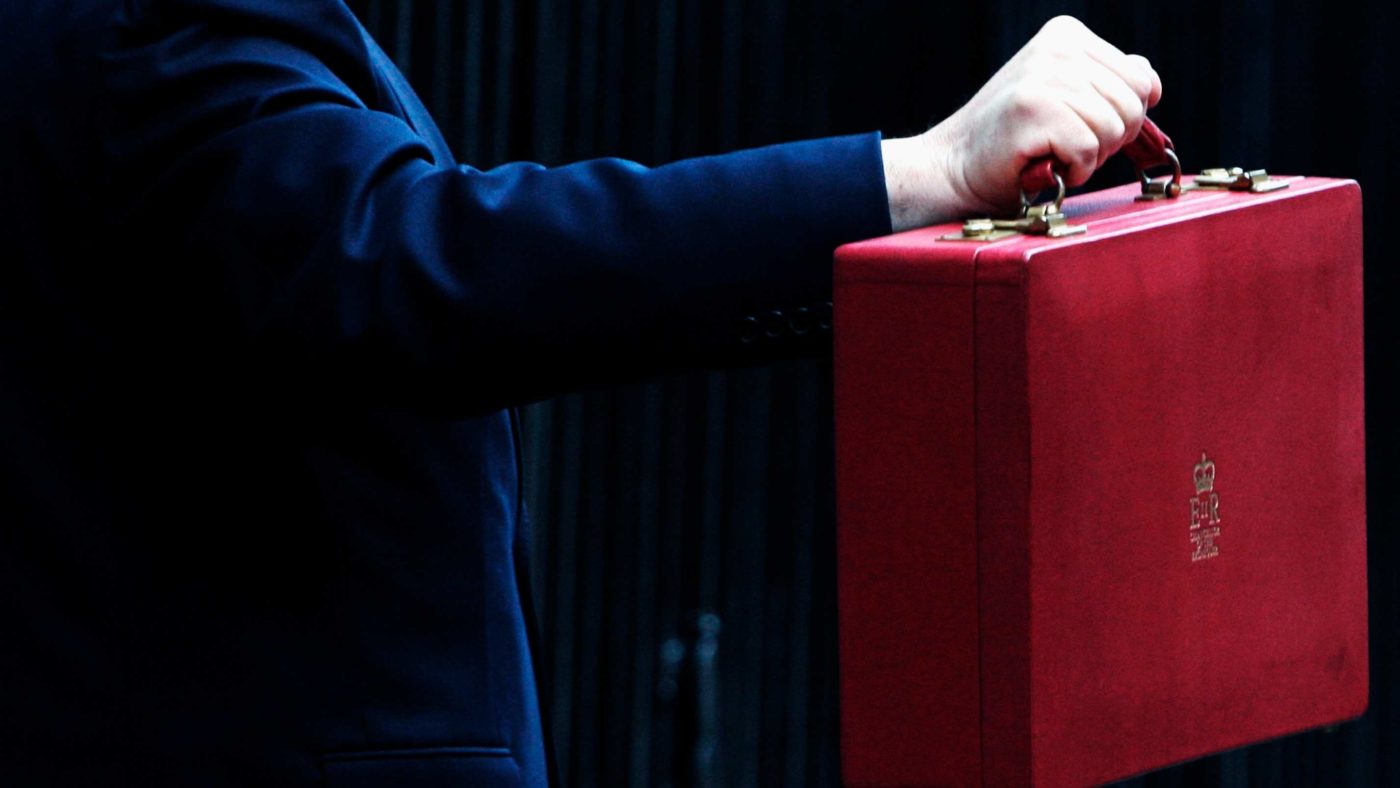Here we go again: stand by as Philip Hammond stands up to deliver his second budget of 2017. His warm-up act, Theresa May, will doubtless rehearse her brand new phrase building a Britain fit for the future a few times before he gets up. The Chancellor’s Budget statement, however, and the response from Comrade Corbyn, is more likely to be replete with misleading old clichés and meaningless platitudes.
A political lingua franca has been created for these occasions. Press officers and special advisors will nod approvingly when these words get a mention. Sir Bufton Tuftons and representatives of The People will race each other to College Green and repeat them to Huw Edwards. These phrases won’t include an apology for having dramatically overspent taxpayers’ money again (nor for the fact that the process will probably be repeated in 12 months’ time, with seemingly nothing learnt from the mistakes of the past).
Instead, we can expect a game of macroeconomic bullshit bingo. For those unfamilar with the euphemisms, here’s a helpful guide.
Windfall
When tax receipts are higher than was forecast, it is described as a “windfall”. This leads to conversations about how to spend the unexpected cash. But why is this “windfall” never used to bring down the deficit? Or to allow for a tax cut? Also: “wiggle room”, “finding money down the back of the sofa”, “headroom” or most absurdly a “war chest”.
Tax cuts cost money
Tax cuts do not cost money, spending does. Cutting taxes means politicians taking less money from taxpayers. The money Hoovered up by HMRC is created by individuals in the private sector, not mandarins supping in the Athenaeum.
Giveaways
Tax cuts are often called “giveaways”. This is indicative of an attitude that assumes all money belongs to the government – which sometimes chooses to let us keep some. Why are triple-lock pensions, more aid for Ethiopian Spice Girls, or higher spending on bloated British defence firms not termed giveaways? It’s a bit like saying a mugger is giving you money by only nicking the £20 in your wallet and not taking the loose change in your back pocket.
Spending cuts
When spending goes up, but by less than originally forecast, some politicians like to call this a “spending cut”. This is not only absurd, it is deliberately misleading. In the run up to the last election, Ed Miliband’s definition of “cuts” was the economy growing faster than government spending. If no such “cuts” were made, eventually the state would spend 100 per cent of GDP and all private enterprise would be eliminated. But perhaps this was his intention, and indeed that of his successor.
Government money
There is no such thing as government money. There is taxpayers’ money. Government extracts and misallocates. Individuals do not.
Investment
If a politician wants to make more spending sound palatable, they call it “investment”. For instance, “investing in our children’s future” actually means all taxpayers subsiding three years of higher education for middle-class students, as with Labour’s proposed removal of tuition fees. But this is not a 2-for-1 deal at Tesco’s whereby you spend more money to save money. There is a narrow sense in which government spending can be called investment, but this is almost never its day-to-day usage. When it is actual investment, it’s usually a waste of money anyway eg. HS2
End of austerity
Day-to-day spending rose 2.1 per cent between 2010 and 2017. Austerity never really took place, so it’s not possible to end it.
Our political class, such as it is, are often accused of being economical with the truth. But if they were a little clearer with what they actually meant and stopped patronising taxpayers, we might actually be able to improve things.


